
Farhana Rashid is the founder and CEO of Bhumijo, a startup that focuses on building a healthy environment and a healthy city for healthy people.
In this interview, she walks us through her journey to entrepreneurship, how the idea of Bhumijo came into being, the state of Bhumijo’s business now, challenges for Bhumijo, and its ambition going forward, the advantage of doing good work, how Bhumijo’s grown during her time as one of the debut incubatee startups of BRAC’s Urban Innovation Challenge program - an incubator program for social enterprise, how UIC has helped Bhumijo to get to execution, build new connections and enter the market, and reflects on her lessons on entrepreneurship and why the first step to building a sustainable social enterprise is to understand your problem deeply.
Future Startup
What is your background and what are you working on now? You started this social enterprise called Bhumijo, what was the motivation behind starting Bhumijo?
Farhana Rashid
I did my Bachelors in Architecture from BUET. After working for a few years as an architect I decided to study planning and development with a focus on sustainability. I got a scholarship from the Swedish Institute and went to Sweden to study Sustainable urban planning and design.
I returned to Bangladesh in 2016, after the completion of my master's, and joined ‘Bengal Institute of Architecture, Landscape, and Settlement’ to coordinate a research project on regional planning and development of Dhaka and the surrounding small settlements.
Eventually, I started my own startup Bhumijo with the vision of building livable and resilient cities.
The knowledge and experiences that I gathered from KTH and Sweden, especially the gender perspective in urban planning and design have been a key inspiration in starting Bhumijo.
One of the exciting initiatives of Bhumijo is about how to increase the number of hygienic and secure public toilets in Dhaka for women. There are not enough public toilets and it is even more scarce for women. As the city authority is unable to provide enough proper public toilets, especially for women, we thought could we come up with a solution that could address this gap which eventually led to the founding of our toilet initiative.
Future Startup
That’s interesting. I have a few questions related to the early days of Bhumijo and we want to learn more about your journey to where you guys are today. Before that, could you please give us an overview of Bhumijo? What are the services you are currently offering and how big is your team?
Farhana Rashid
Bhumijo is a small startup with a focus on building a healthy environment and a healthy city for healthy people. Our work varies from architecture, landscape design, urban design, urban planning, and social business. We provide services from small to large scales, from research to design, planning to implementation.
One of the problems that we are working on now is the scarcity of public toilets in Dhaka, particularly for women. Due to the lack of public toilets in cities of Bangladesh, women, including me, usually drink less water and avoid using toilets. This is a major cause of health problems such as UTIs and kidney diseases in women. Women often don't use the existing public toilet because of an unhygienic and insecure environment.
Government agencies like city corporations are not able to meet the demand with their conventional model for the public toilet because of a host of reasons including land scarcity, high budget, and long bureaucratic processes. The currently available models of public toilets routinely fail to maintain a clean, hygienic, and secure environment in most cases.
Our idea was to develop a business model to solve this challenge quickly and cheaply. We submitted the idea to the first Urban Innovation Challenge (UIC) organized by BRAC in 2017 and our team Bhumijo became the winner in the health category. With the seed funding from BRAC, our first pilot toilet was done and has successfully been in operation for the last seven months.
Our business, focusing on women, is working to ensure hygienic and secure public toilet conditions in urban areas. Because of the innovative model, we can build at a cheaper cost within a short period.
Bhumijo's business solution includes market research on the implementation of public toilets. After the successful execution of the pilot toilet, now we are in the process of scaling up.
Future Startup
Let’s go a little back to your early days. Could you please tell us about what went into building the initial operation of Bhumijo including how did you build the team, and put together resources to launch your operation?
Farhana Rashid
We are a team of 5-people including myself and to kickstart our operation we received seed funding from BRAC.
On the execution end, we started by researching strategic locations for the toilets - where they need to be to serve the maximum number of people.
We prepared an assessment matrix to identify the most suitable locations: where people visit regularly in large numbers, how long they spent there, and what kind of people they are.
Based on the assessment matrix we prepared a list of hot zones. For Dhaka, we have about 32 hot spots and out of these, Gausia and New Market were listed as one of the most important zones. We conducted a detailed survey for that area and found a few sites that we could work on. After negotiations with the market authority, we renovated the existing toilet and made it exclusively for women. That’s how we launched our first toilet.
Apart from the resources we invested, as I mentioned earlier, it took an extensive amount of blood, sweat, and hard work from every member of the team.
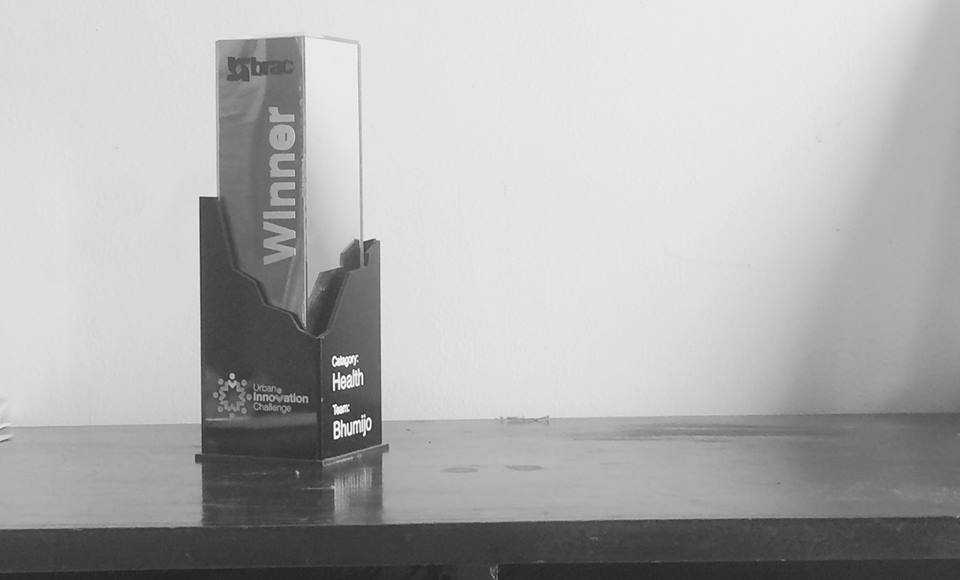
Future Startup
What is your business model? How do you generate revenue?
Farhana Rashid
We have a handful of revenue streams that include fees from planning, direct users, designing, and maintenance of the toilets. Besides that, we do architectural planning and design at various scales.
Future Startup
Who are your main customers? As you mentioned in your business model question, you don’t make money from end-users, meaning people who use your toilets, but rather from fees that you get from building these facilities.
Farhana Rashid
On one level, city corporations, various private organizations, government agencies, and NGOs working in the WASH sector are our primary customers who take our service to build and maintain these public toilets. At the same time, city people are also our service takers who use our service to improve their daily lives.
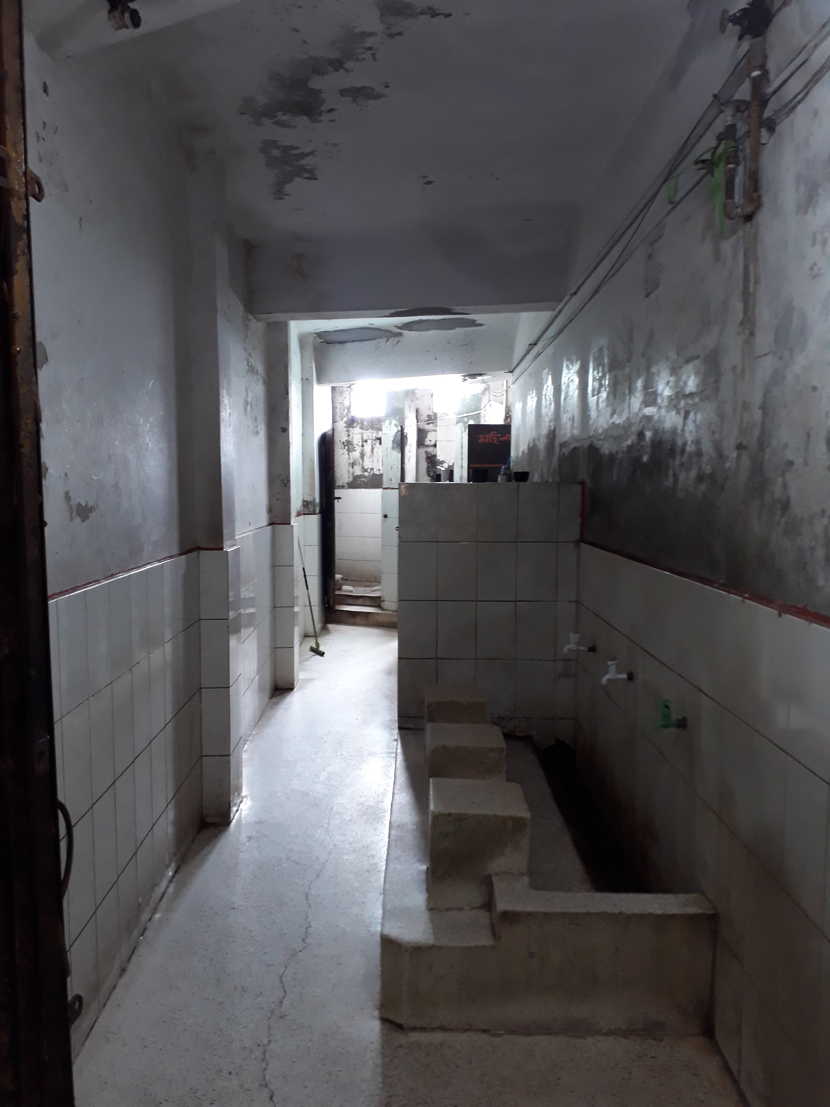
Future Startup
At the core, yours is more of a b2b business in which case building a business is even more challenging. How have you attracted customers and grown Bhumijo?
Farhana Rashid
In terms of marketing, we have not done anything concrete or big yet. After the completion of our first toilet, our name has spread and now people are calling us. In a way, word of mouth has been a major growth driver for us.
Apart from that, we are participating in various events to showcase and communicate our work which also allows us to meet customers.
We are also using our network and BRAC is also supporting us with their huge network to reach out to new customers.
We are pretty active on social media. We have a Facebook page that allows us to interact with users online.
Future Startup
How big is your team at Bhumijo?
Farhana Rashid
We are a team of 5 full-timers, including myself. And then we hire project-based employees and volunteers.
We also have local and international advisors who are experts in this sector who have been a tremendous support to our work.
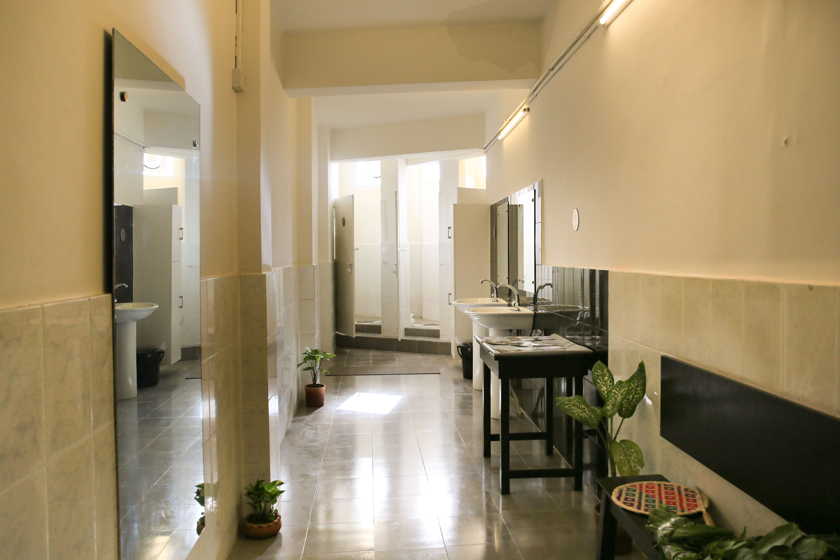
Future Startup
Other than the BRAC UIC fund, have you raised any investment?
Farhana Rashid
We haven’t received any other investments yet. However, as we are planning to scale up the projects, we are looking for investors and partners.
Future Startup
As you mentioned, you are a graduate of BRAC’s UIC program and it was a game-changer for Bhumijo, could you please tell us about your experience of UIC? What has the program been like for you? And how has it helped you in building Bhumijo?
Farhana Rashid
I can give you a long answer but I would not. BRAC UIC had been a consequential experience for us. Before UIC, our business model was not solid. The program helped us to develop the business model and explore ideas around building multiple revenue streams. We could also launch our first pilot toilet during the program with funding and other support we received from the program.
We have participated in different workshops and training sessions which helped us to understand the intricacies of building a social enterprise and successfully running a business.
Each selected UIC team had a dedicated mentor who is an expert in the respective sector. Startups are fragile organizations. Mentorship helped us to think structurally about our business and build a solid operational model.
In short, BRAC UIC had been instrumental in preparing us to build a sustainable social enterprise.
Future Startup
What are some important lessons you’ve learned from the UIC program?
Farhana Rashid
There are so many lessons we have learned. A few stand out. Firstly, you have to constantly keep on pursuing what you envision. Staying true to your vision is critical.
Social enterprises should be business-wise sustainable. You will make a meaningful impact when you are sustainable as an organization.
Secondly, you have to understand the problem well. The deeper your understanding, the better your solution will be and you will have a solid business as well. Your business model, customers all stem from understanding the problem well and designing a solution to that.
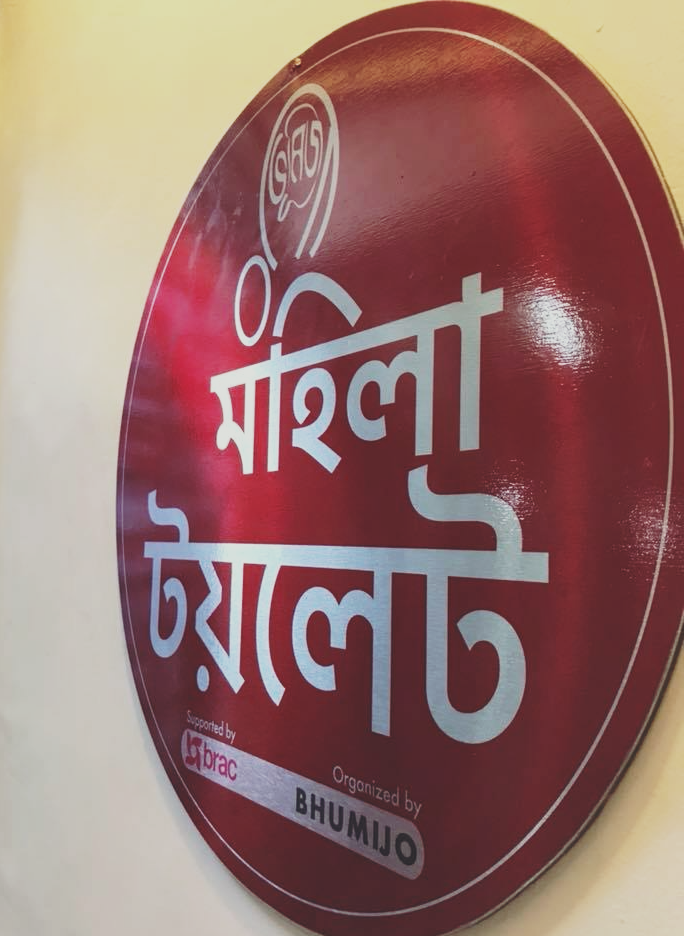
Future Startup
Would you recommend UIC to other aspiring entrepreneurs?
Farhana Rashid
Absolutely. Taking an idea and turning it into a business is a lot of hard work. It is hard to overstate the challenges of starting and building a business. There are so many important pieces involved. BRAC UIC gives us an excellent chance to learn how to do that.
It offers a wonderful learning opportunity for founders to internalize the nitty-gritty of building a social enterprise. At the same time, it offers solid support including a seed fund and a huge network, and unparalleled access to BRAC resources.
Future Startup
What are the plans going forward?
Farhana Rashid
There is a huge demand for proper toilets in most big cities in Bangladesh and the demand is growing rapidly in big cities like Chittagong, Sylhet, Rangpur, Narayanganj, etc. In the next five years, our target is to start operations in all the major cities in the country.
We aim to ensure healthy and hygienic public toilets throughout Bangladesh. With this aim, we hope to improve the lives of millions of people, especially women in Bangladesh. There aren’t many policies for public toilets in Bangladesh. We believe, together with the government, academia, and private organizations working in the WASH sector, we can make a real difference in the space.
-
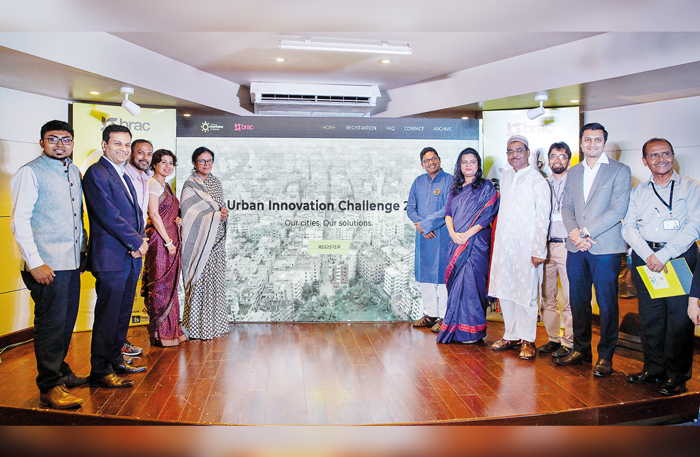
You can go to http://uic.brac.net/ to learn more about the Urban Innovation Challenge 2018. If you are building or have an idea to solve problems in any of the following sectors: Climate change, Healthcare, Low-cost urban housing, Renewable Energy, and WASH (Water, Sanitation, and Hygiene), please apply. Application for UIC 2018 is open now and will be closed on August 30th, 2018. This is an excellent opportunity for aspiring social entrepreneurs that comes with a lot of solid venture-building supports starting from seed funding to office space to network and much more.
-
Interview and story by Shabiba Benta Habib
Disclosure: This story was commissioned by BRAC Urban Development Programme (UDP) and developed by Future Startup’s branded content studio Storylab.
